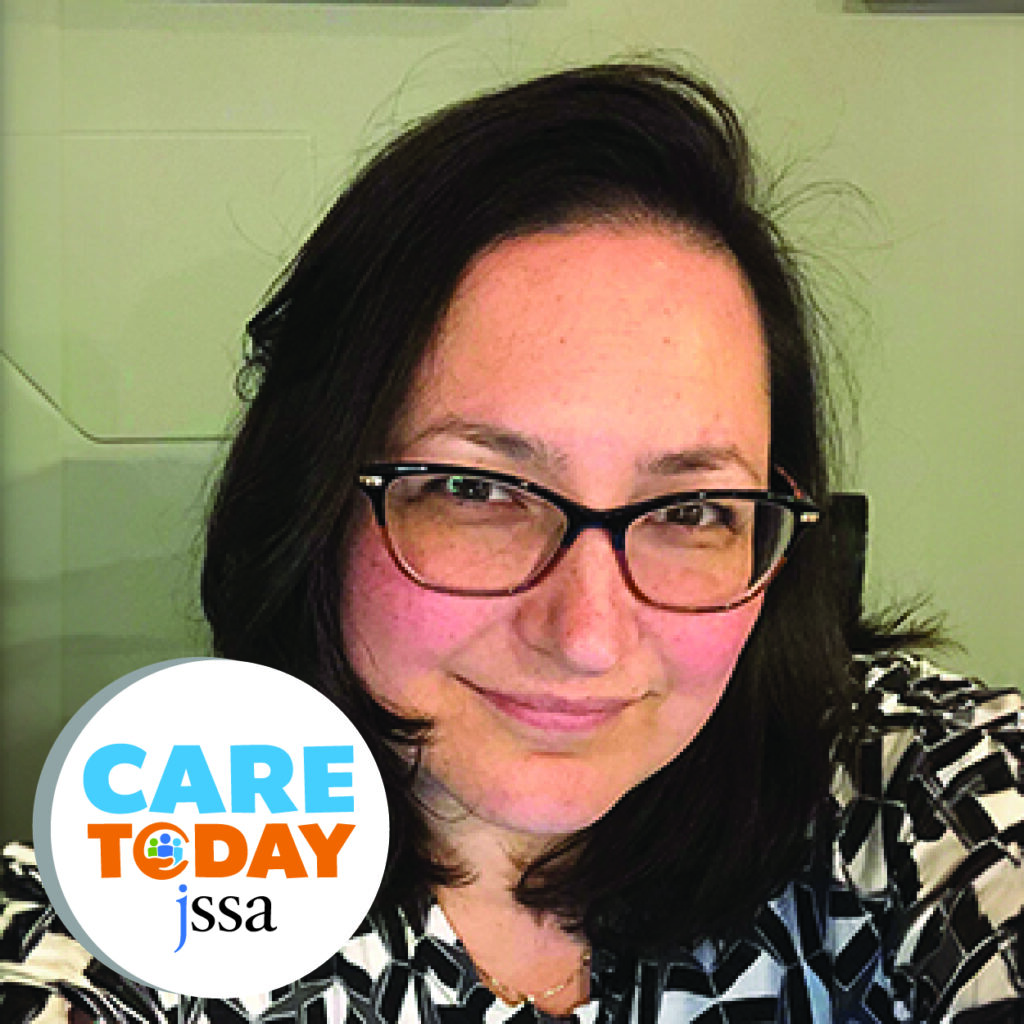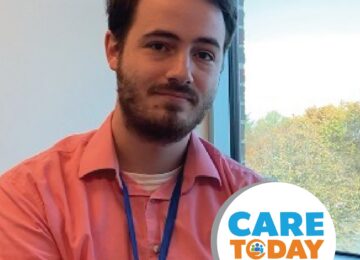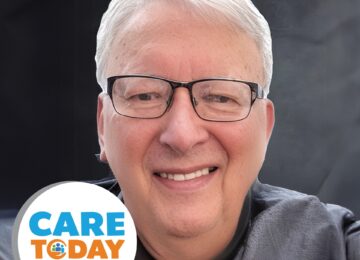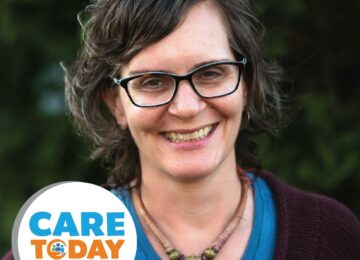Mental Health Support for Deaf and Hard of Hearing

Increasing Access to Care
Social anxiety is not uncommon among the clients Jenn Barnes serves as a mental health counselor at JSSA. But the approach to addressing those anxieties changes significantly if a client is Deaf or Hard of Hearing.
“I have to be mindful of interventions that may result in creating more challenges for a client who is Deaf or Hard of Hearing,” Jenn said.
As one example, joining a local kickball league may be one approach to working on mitigating the effects of social anxiety that may not work for an individual who is deaf due to a language barrier adding an additional stressor.
Over more than 10 years of serving clients, Jenn has learned how to approach counseling for clients with a variety of backgrounds and unique needs. She can also communicate using American Sign Language (ASL), giving her the ability to use her skills as a mental health therapist to serve those who are Deaf or Hard of hearing.
Jenn started signing in 1999 – it was a language she had always been interested in as a child and before she began her career as a therapist, she took the opportunity to learn. Through ASL and working with Deaf or Hard of Hearing clients throughout her career, Jenn has also gained an invaluable understanding of the culture and ways to support mental health.
Supporting the Deaf and Hard of Hearing Community
Though she’s worked with Deaf or Hard of Hearing clients for many years, JSSA has seen an uptick in client requests to see ASL therapists in recent months. Jenn said she’s proud to be a part of the team providing this vital service.
“I love my job,” she said. “Even during tough sessions, the benefit to my clients is reaffirmed. I love helping people and being supportive.”
As a leading community provider of mental health services, JSSA is proud to have expanded its team of ASL therapists to support the large local Deaf or Hard of Hearing population. The National Capital Region is home to Gallaudet University – a university for Deaf or Hard of Hearing students – and multiple campuses of the Maryland School of the Deaf.
“There’s definitely a need, especially in an area where there’s a large Deaf or Hard of Hearing,” Jenn said. “Looking for mental health resources can be challenging, so I think JSSA providing these services is crucial.”
According to the National Deaf Center, 3.6 percent of the U.S. population is deaf or hard of hearing – approximately 11 million people. The Maryland Governor’s Office of Deaf and Hard of Hearing reports there are approximately 1.2 million residents of the state who are Deaf or Hard of Hearing.



